Jitka Pištová, a young Roma mother, at first hesitated to pose in front of a camera, but everyone passing by the Slovak National Gallery can now see her.
The picture of the mother sitting in a pink satin dress and breastfeeding her naked baby, taken by Slovak photographer Šymon Kliman, is exhibited in the art gallery window at Esterházy Palace in Bratislava. The photograph will be on display until April 10.
“The photo is reminiscent of the classic depiction of the Madonna, a traditionally revered symbol of motherhood and love,” curator Lucia Almášiová said.
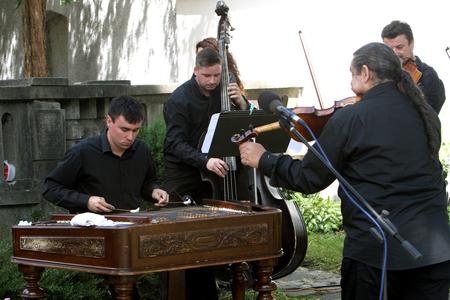
The national gallery purchased Kliman’s Beautiful People collection, of which the picture of the Roma mother is part of, in 2016.
In their best clothes
The Slovak photographer, 41, decided to take pictures of Roma people as a university student in Bratislava. However, he refused to underline their temperament, exoticism and their life in poverty, which has been the conventional way of depicting the group.
“We have seen the same images over and over again – gypsies holding violins, gypsies on horses, gypsies living in misery and dirt,” Kliman told the Pravda daily in 2012, when he was named photographer of the year. “I do not believe they are like that.”
He therefore set out to Roma communities near Kežmarok, eastern Slovakia, to photograph Roma children, women and men as they wear their best clothes in their homes. The first communities he visited were Stráne pod Tatrami, Veľká Lomnica and Podhorany.
“He portrayed little boys and girls in first communion dresses, women in wedding and ball gowns, young fathers in suits and old husbands,” Almášiová said.
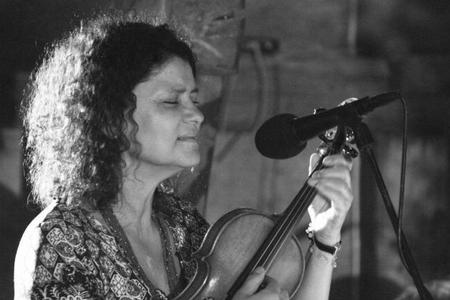
They all wanted to be depicted as dignified and equal – at least in photography if not in their real life, she added.
Erasing prejudices
Kliman later visited Roma communities near Poprad, Košice and Moldava nad Bodvou, creating more than a hundred portraits of Roma people in total in the years 2008-2013.
“He deliberately chose people who wanted to improve their lives, and creating a portrait was a kind of imaginary reward for their efforts,” Almášiová went on to say.
For these pictures, Kliman received several awards, including one from the European Parliament. His photos of Roma people have been exhibited not only in Slovakia and the Czech Republic, but also in the rest of Europe.
But his motivation was not driven by awards at all.
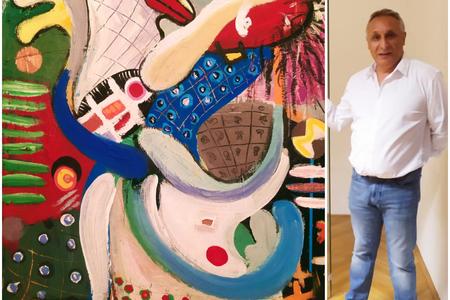
“I want to get their faces on the front pages of magazines and thus help erase various prejudices that most of society has about them,” the photographer said during the opening of his exhibition in Ostrava, Czech Republic, back in 2013.


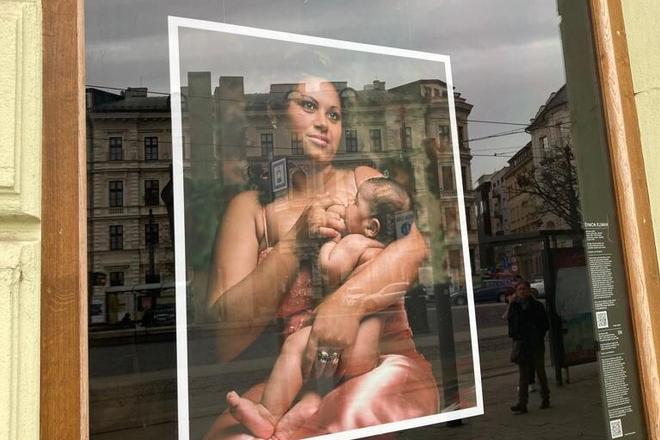 The portrait of Roma mother Jitka Pištová will be displayed in an art gallery window in Bratislava until April 2022. (source: Šymon Kliman/Slovak National Gallery )
The portrait of Roma mother Jitka Pištová will be displayed in an art gallery window in Bratislava until April 2022. (source: Šymon Kliman/Slovak National Gallery )
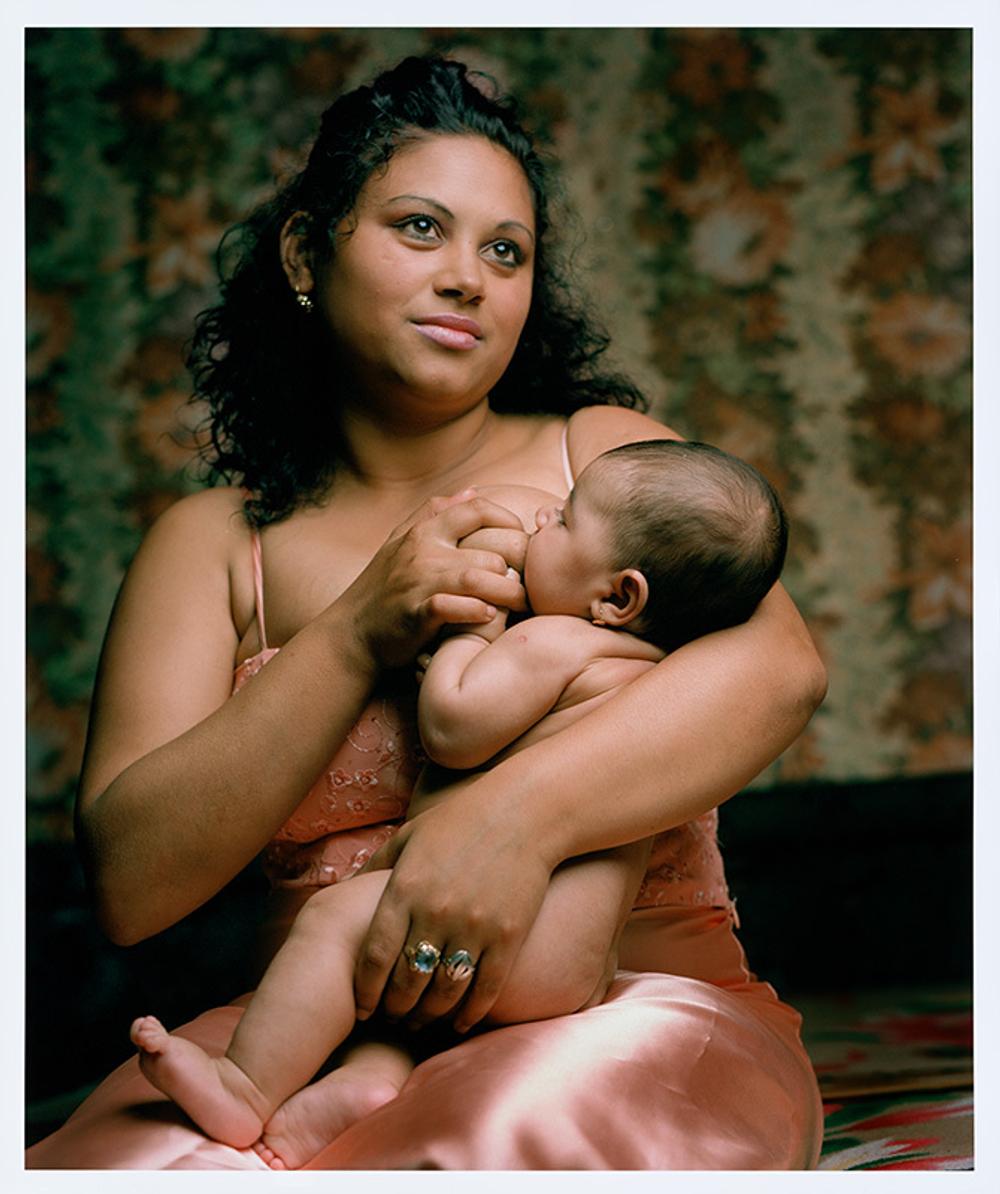 The 2008 portrait of Jitka Pištová from Kliman's Beautiful People collection. (source: Šymon Kliman)
The 2008 portrait of Jitka Pištová from Kliman's Beautiful People collection. (source: Šymon Kliman)